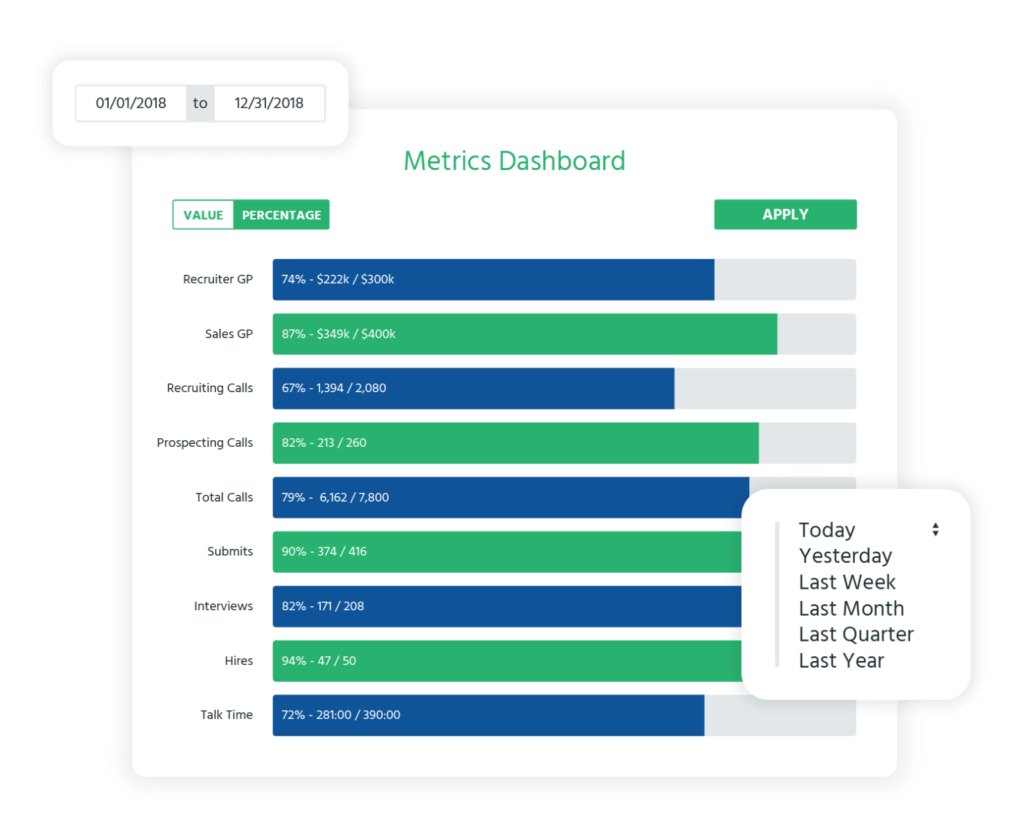Revealing reports are exposing the extent to which Gen Z is grappling with a far tougher job market than ever before, spurring overwhelming financial angst and uncertainty. Below Gen Z authority, attorney and legislative policy pundit Cheyenne Hunt, J.D. — a TikTok influencer with 93.3K followers and 3.7M likes on the platform — provides front-line perspective on the trending topic.
“The challenges we Gen Z’ers face in today’s job market are unique and complex as we navigate unprecedented economic shifts and evolving workplace dynamics,” she said. “A better understanding of the systemic hurdles and barriers hindering Gen Z’s professional growth is needed to spark dialogue and help employers, policymakers and career advisors develop strategies to support this highly consequential generation of talent.”
6 Issues Stifling Gen Z Career Advancement
 Gen Z, of which I am a part, has been dealt a rough hand with regard to this generation’s entrance into the workforce at large. We’ve collectively experienced so many “unprecedented” events throughout our formative years that have caused many to lose their meaning and purpose in their professional and personal life. For executives seeking to understand, and aptly integrate, Gen Z into staff teams, it’s essential to recognize and address the unique challenges and needs of this consequential generation greatly influencing the workforce. While there are a litany of issues undermining Gen Z career prospects, there are a few key set of obstacles that must be overcome to bolster this generation’s advancement opportunities:
Gen Z, of which I am a part, has been dealt a rough hand with regard to this generation’s entrance into the workforce at large. We’ve collectively experienced so many “unprecedented” events throughout our formative years that have caused many to lose their meaning and purpose in their professional and personal life. For executives seeking to understand, and aptly integrate, Gen Z into staff teams, it’s essential to recognize and address the unique challenges and needs of this consequential generation greatly influencing the workforce. While there are a litany of issues undermining Gen Z career prospects, there are a few key set of obstacles that must be overcome to bolster this generation’s advancement opportunities:
1. Economic Inequality
Gen Z enters the job market with significant financial burdens, including high costs of living, especially in urban centers. To attract and retain these young talents, consider implementing comprehensive benefits packages that alleviate these pressures. This could include competitive salaries, housing stipends, or student loan repayment programs. By addressing economic barriers directly, your company can become a more attractive and viable option for Gen Z candidates who are often forced to make career decisions based heavily on financial factors.
2. Job Market Instability
Gen Z values stability as much as flexibility. In response to the economic volatility they’ve witnessed, it’s important to emphasize job security and long-term career prospects within your company. Develop clear career pathways and foster a culture that rewards dedication and innovation. Regularly communicate these pathways and growth opportunities to ensure young employees see a future within your organization.
3. Lack of Internal Opportunities for Upward Mobility
As outside hires for managerial rolls continue to increase in popularity, Gen Z struggles to find a purpose in work that does not present opportunities to be recognized by a promotion in status or salary in conjunction with increased skill and responsibility. In fact, many studies have found that young workers are more likely to achieve career advancement by jumping ship to a new employer every three years or less.
4. Technological Disruption
Rapid technological advancements lead to job displacement and the need for continuous upskilling, which can be particularly challenging for Gen Z entering the workforce. Automation threatens traditional entry-level roles, requiring Gen Z to adapt and acquire new skills to remain competitive in a job market they may not have even found a place in yet. Consider, leveraging Gen Z’s tech-savviness by involving them in digital transformation initiatives within your company. Offer roles that challenge them and allow them to work with cutting-edge technologies.
5. Lack of Mentorship and Networking Opportunities
Gen Z may lack access to mentors and professional networks that can provide guidance and opportunities for career advancement. Remote work creates fewer opportunities to make advantageous connections intentionally or even in passing. Traditional networking avenues may be inaccessible or less effective for Gen Z, who often rely on digital platforms for networking, which may not offer the same depth of connection.
6. Student Debt Crisis
Student debt is a pervasive concern for Gen Z, shaping their career paths and life choices. As an employer, offering programs such as tuition reimbursement or scholarships for further education can set your company apart. Additionally, support flexible work arrangements that allow for continuing education, enabling employees to pursue degrees or certifications that enhance their career growth while gaining valuable work experience.
Addressing these issues requires systemic changes in education, employment policies and societal attitudes to ensure more equitable opportunities for Gen Z career advancement. Given this generation is poised to soon become the largest sector of the workforce, it’s in everyone’s best interest to better set Gen Z up for success as a matter of public policy, economic stewardship and plain old good business practices. For the Silo, Cheyenne Hunt, J.D.

Cheyenne Hunt, J.D. is a progressive advocate and attorney specializing in progressive activism, legislative advocacy, communications and democracy-focused tech policy. She currently serves as a Big Tech Accountability Advocate with Public Citizen. Hunt graduated from the University of California Irvine School of Law, has earned Dual Degrees in Political Science and Public Policy from the University of Denver and serves as a board member for The Women of Global Change.




